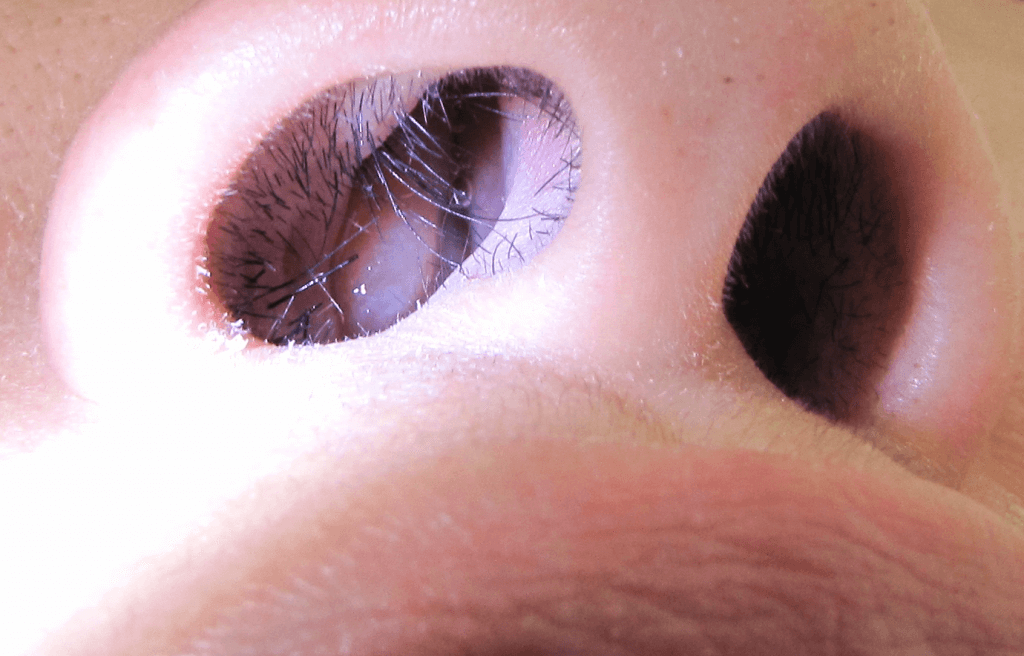
Nasal Polyps are soft, painless, noncancerous growths on the lining of the nasal passages or sinuses. The issue may result from a chronic inflammation caused due to asthma, persistent infection, drug sensitivity, allergies or certain immune disorders. The main risks of nasal polyps relate to their obstructive effects on the sinus drainage. As a result, chronic infection may develop – characterized by infected-appearing drainage, facial pain, and worsening nasal stuffiness. Realizing the significance of treating nasal polyps, in this post, we talk about different diagnostic tests that patients can take, if they suffer from this type of sinusitis problem.

Nasal Endoscopy
This type of diagnostic test involves the use of a narrow, flexible tube with a lighted magnifying lens or small camera (nasal endoscope). Nasal Endoscopy enables your rhinologist to conduct a detailed examination inside your nose and sinuses. This is a procedure that general doctors don’t perform. In addition, general ENT doctors are not as skilled as rhinologists at performing this procedure. During this diagnostic test, they insert the endoscope into your nostril and point the scope into your nasal cavity. Nasal Endoscopy is achievable with either a flexible fiberoptic or rigid endoscope. The patient can well tolerate both flexible and rigid endoscopy when an experienced rhinologist performs the procedure.
Imaging Studies
Images received from Magnetic Resonance Imaging (MRI) or Computerized Tomography (CT) scan helps your rhinologist to locate the size and location of polyps in deeper regions of your sinuses, therefore, analyzing the extent of inflammation. The imaging also shows the degree of opacification within the sinuses which is often caused by the polyps which are obstructing the natural sinus drainage pathways. Imaging studies also enable your doctor to find out if there is a presence of other probable obstructions in your nasal cavity, including structural abnormalities and cancerous or noncancerous growth.
Tests for Allergy
Your rhinologist may recommend skin tests to ascertain if any environmental allergies contribute to chronic inflammation. A skin prick test is conducted wherein small drops of allergy-causing agents or allergens are pricked into the skin of upper back or forearm. These drops are left on the skin for 15 minutes before the doctor spots the skin for signs of allergic reactions. In the case that the skin test is not performed, your doctor may suggest a blood test that screens for specific antibodies to several allergens.
Cystic Fibrosis
If a young child diagnosed with nasal polyps, the doctor may recommend testing for cystic fibrosis. Cystic Fibrosis is known to be an inherited condition in which the glands that produce mucus, saliva, sweat, and digestive juices are affected. The standard diagnostic test for this condition is a non-invasive sweat test that helps the doctor to ascertain if the perspiration of the child is saltier than what is considered normal.
Must Read: Managing Nasal Polyps: All You Need to Know
Conclusion
Taking these diagnostic tests help the rhinologist to recommend the right treatment for nasal polyps. Tests and diagnosis are a way to manage, treat, and prevent this sinusitis problem. If you or someone you know has been experiencing the symptoms of polyps, these diagnostic tests can help clear the smokescreen, so that an appropriate treatment can be prescribed. If you wish to learn more about sinusitis related problems, feel free to get in touch with one of our ENT specialists.

